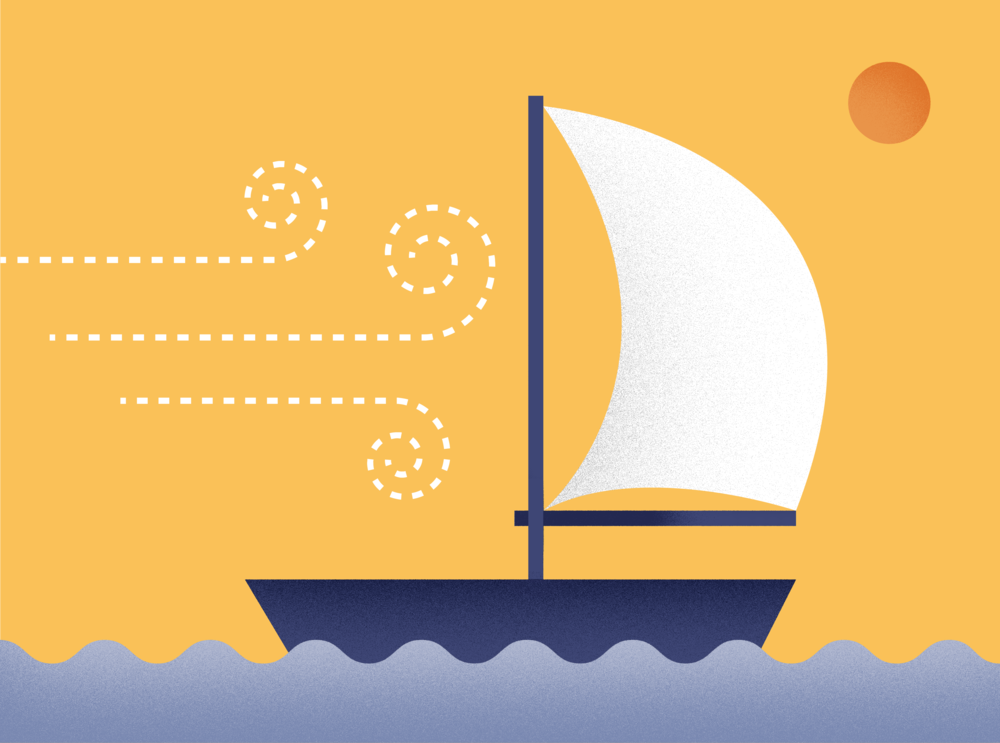
In my family, a Thanksgiving tradition is to leave the turkey and fixings waiting in the kitchen while we hold hands and, one by one, say a few words about what we’re grateful for that year.
I usually give thanks for my husband and our two girls, their doting grandparents, and work I genuinely love.
I’ve noticed remarkable consistency in what others say, too. And yet, this ritual never disappoints. All of us are moved, some to tears.
Giving thanks calls attention to the tailwinds in our lives—the blessings that have in one way or another made our journeys better, easier, or more meaningful.
Why do we need a national holiday dedicated to giving thanks? In fact, why do so many religions and cultures around the world ritualize appreciation?
My guess is that, like many rituals, Thanksgiving reminds us of what we’d otherwise overlook.
Recent research shows that barriers loom larger in conscious awareness than benefits. For instance, both Democrats and Republicans believe the electoral map works against their party. Perusing the season ahead, football fans are roughly twice as likely to complain about anticipated challenges as they are to celebrate anticipated advantages. And children tend to think their parents have been harder on them than on their siblings.
Paying attention to headwinds is of course necessary. After all, we need to overcome challenges in order to move forward. But we don’t need a holiday dedicated to obstacles. Problems already grab our attention.
Don’t assume that your attention is evenly divided between the pluses and minuses in your life.
Do make a point, or even a ritual, of counting your blessings. Celebrate the tailwinds in your life this Thanksgiving—and the other 364 days of the year.
With grit and gratitude,
Angela
